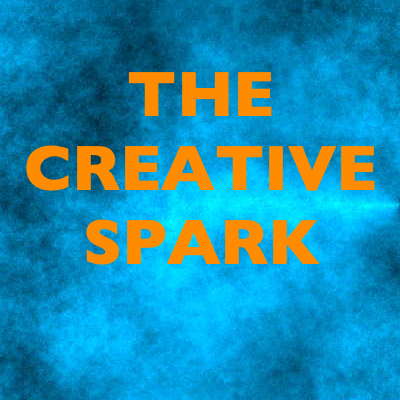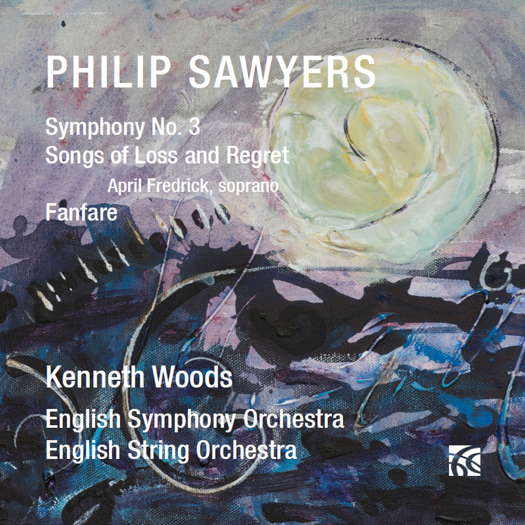 VIDEO PODCAST: John Dante Prevedini leads a discussion about The Creative Spark, including contributions from Ryan Ash, Sean Neukom, Adrian Rumson, Stephen Francis Vasta, David Arditti, Halida Dinova and Andrew Arceci.
VIDEO PODCAST: John Dante Prevedini leads a discussion about The Creative Spark, including contributions from Ryan Ash, Sean Neukom, Adrian Rumson, Stephen Francis Vasta, David Arditti, Halida Dinova and Andrew Arceci.
US premiere of Schnittke's 1st Symphony
The American premiere on 24 March 1988 of Russian-born composer Alfred Schnittke's first symphony was held during the physically frail Schnittke's first visit to the USA. He had suffered the first of several serious strokes three years earlier, but was to live for another ten years until 3 August 1998, where he died in Hamburg, his home since 1990.
Many of the audience voted with their feet, leaving before the Boston Symphony Orchestra's performance had ended, but those listening to the end gave the work a standing ovation, and the orchestra also sided with the composer. From the 1980s onwards, Schnittke, with his easily identifiable polystylistic music, his notable courage and his mischievous sense of humour, had become one of the most important post-Soviet names in Russian music.
Born at Engels in the former Soviet Union on 24 November 1934, Alfred Schnittke's roots (and his citizenship) were both Russian and German - his father was a Russian Jew born in Frankfurt, and his mother was a German born in Russia. He studied in Vienna, then at the Moscow Conservatory, joined the Union of Composers, and was encouraged by Phillip Herschkowitz, a disciple of Anton Webern. Working for the Conservatory for ten years, as 'instructor of instrumentation', he was from then on able to support himself by writing more than sixty film scores. He was prolific with his serious music, too, which includes nine symphonies, four violin concertos, two cello concertos and the operas Life with an Idiot, Gesualdo and Historia von D Johann Fausten.


